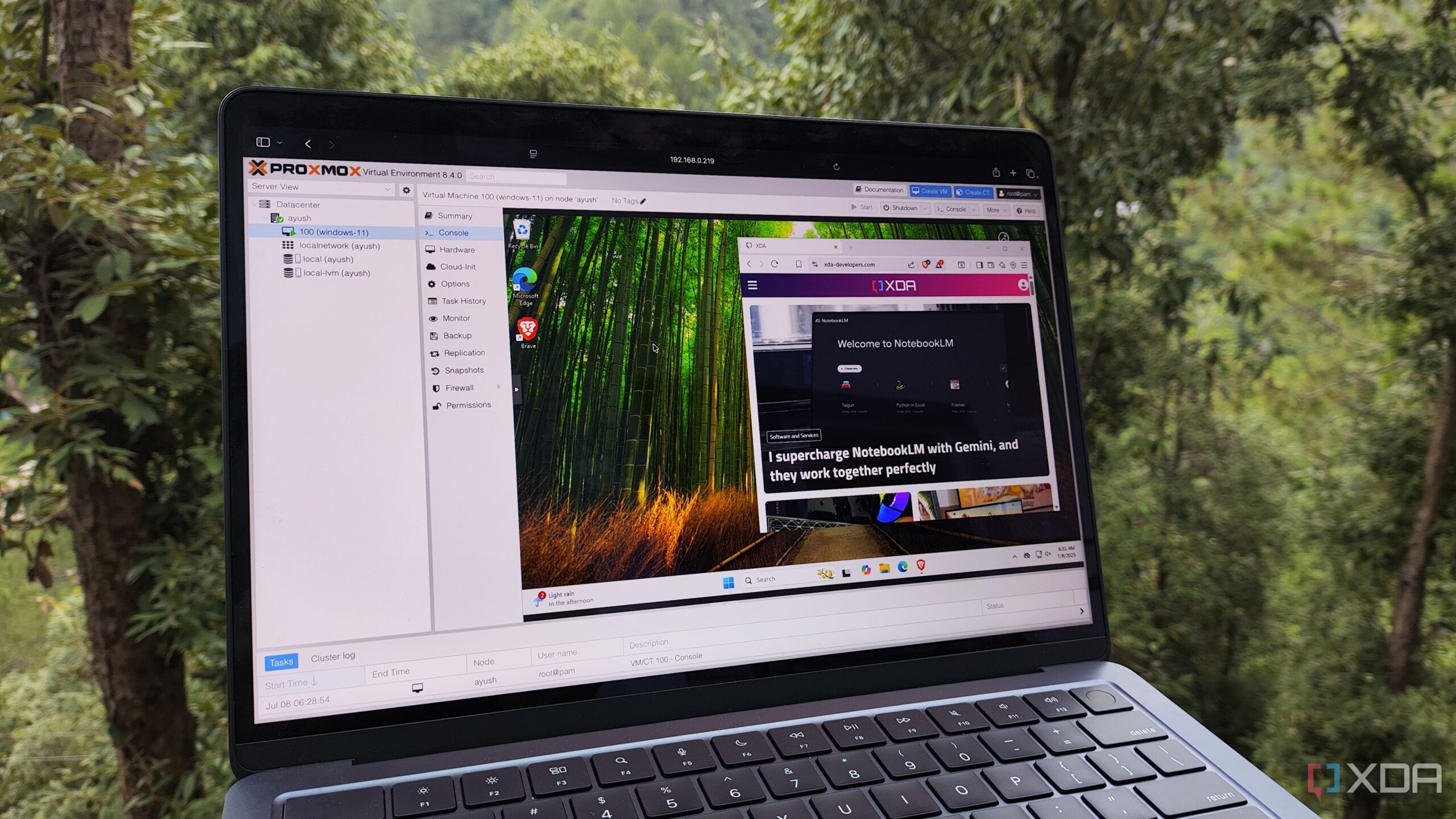Israel-Iran Tensions Escalate Amid US Strikes and Global Reactions

WASHINGTON, D.C. – The geopolitical landscape in the Middle East is on edge as US President Donald Trump hints at regime change in Iran following recent US military strikes on key Iranian military sites.
Immediate Impact
The US and Israeli military actions have intensified, marking the largest Western military engagement against Iran since the 1979 revolution. President Trump, in a post on Truth Social, suggested the possibility of a regime change, stating, “If the current Iranian Regime is unable to MAKE IRAN GREAT AGAIN, why wouldn’t there be a Regime change??? MIGA!!!”
Key Details Emerge
Despite the aggressive posture, Vice-President JD Vance emphasized the US is targeting Iran’s nuclear capabilities, not engaging in a war with the nation itself. Secretary of State Marco Rubio reiterated that the US is not seeking war with Iran.
“The US showed they have no respect for international law. They only understand the language of threat and force,” said Iranian Foreign Minister Abbas Araqchi, who announced no return to diplomacy until Iran retaliates.
Regional Implications
Iran’s response is highly anticipated, with Foreign Minister Araqchi consulting with Russian President Vladimir Putin on “common threats.” Meanwhile, Israeli Prime Minister Benjamin Netanyahu stated that Israel is close to achieving its military objectives in Iran.
By the Numbers
Approximately 30 Israeli Air Force fighter jets struck dozens of military targets throughout Iran, including the ‘Imam Hussein’ Strategic Missile Command Center.
International Response
The UK, France, and Germany issued a joint statement urging Iran to engage in negotiations concerning its nuclear program, emphasizing that Iran must not destabilize the region further.
Industry Response
The global economic ramifications are already evident. The Australian stock market experienced a $10 billion loss as traders reacted to the potential impact on global oil and gas prices, with energy companies seeing a rise in value.
Expert Analysis
New Zealand’s Foreign Minister Winston Peters called for evidence justifying the US strikes, expressing concerns over Iran’s adherence to international obligations. He stressed the need for diplomacy over military action.
What Comes Next
As tensions rise, the US State Department issued a “worldwide caution” for Americans, highlighting increased security risks abroad. The potential for further escalation remains, with Iran considering closing the Strait of Hormuz, a critical shipping lane.
“Any country in the region or elsewhere that is used by American forces to strike Iran will be considered a legitimate target for our armed forces,” warned Ali Akbar Velayati, advisor to Iran’s Supreme Leader.
Background Context
These developments follow a series of military exchanges between Israel and Iran, with recent attacks reported in Karaj and Parchin. Iran accused Israel of striking an ambulance in central Iran, resulting in casualties.
Timeline of Events
- US and Israeli forces launch strikes on Iranian military sites
- Trump suggests regime change in Iran
- International condemnation and calls for diplomacy
- Iran vows retaliation and consults with Russia
- Global markets react to escalating tensions
As the situation continues to unfold, the international community watches closely, urging restraint and a return to diplomatic dialogue to prevent further conflict.






